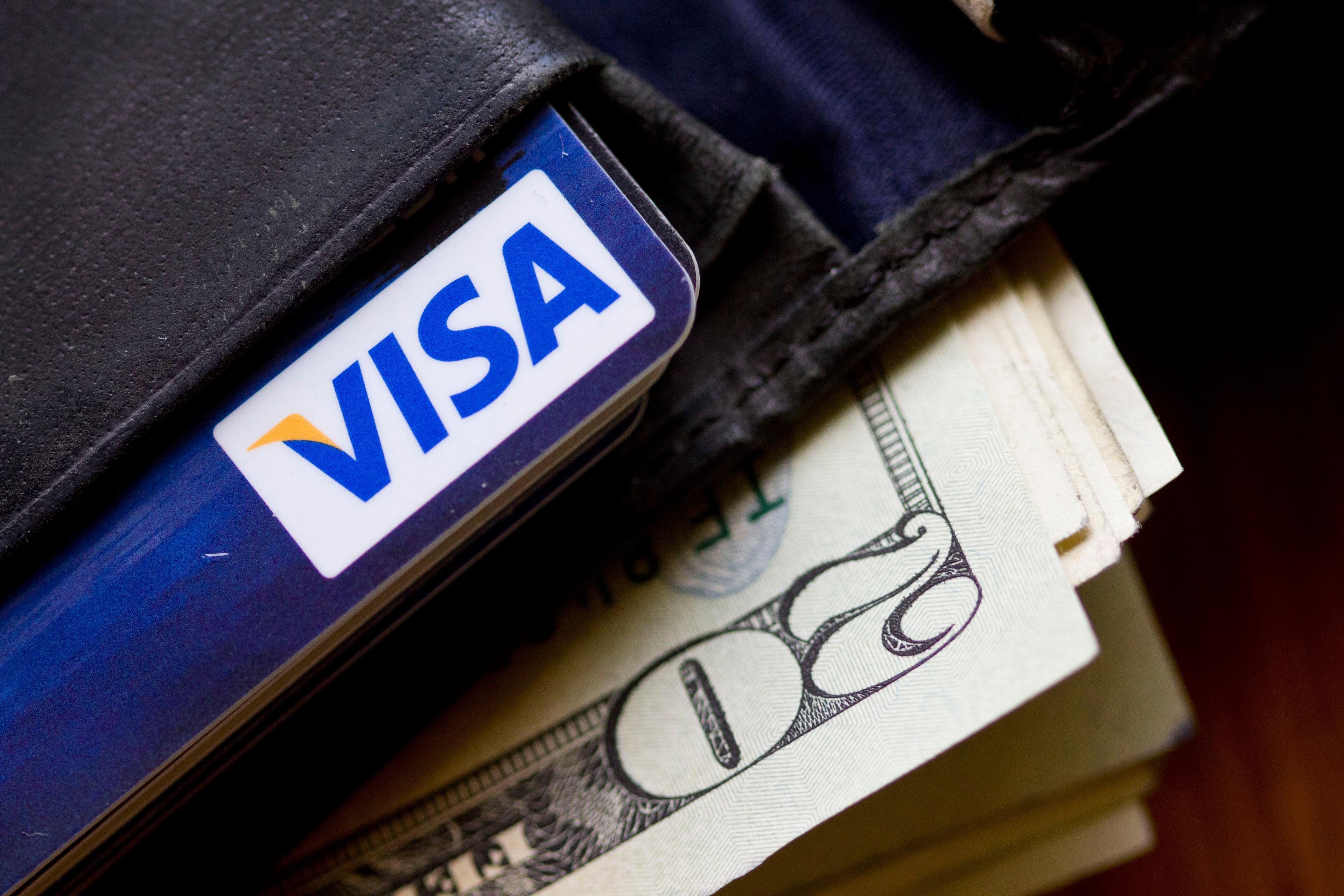
The rate of inflation in the U.S. fell to the lowest in three years, a welcome reprieve from the stubborn price increases that flared again in recent months.
That doesn’t mean prices are going down. It just means they aren’t going up as quickly. The consumer price index, which measures the price of everything from milk to airfare, rose 3.4 percent in April compared to a year ago, according to the U.S. Bureau of Labor Statistics. It peaked at 9 percent in 2022.
Price data for Colorado, which is calculated using prices in the metro Denver, won’t be updated until next month. The most recent Colorado data, released in April, showed inflation in Denver was cooling faster than it was in the U.S., reversing a year-long trend. A big part of that drop was due to falling gas prices in Colorado. That could change in the coming months because people drive more during the summer, which pushes up gas prices.
Costs of groceries in Colorado compared to other states
Here are some statistics on how Colorado stacks up with other states when it comes to spending on grocery items, one of the biggest pain points for shoppers for the last couple of years.
- Roughly 8 percent of all consumer spending in Colorado goes toward groceries. That puts the state in the middle of the pack relative to other states. At one end of the spectrum is Mississippi, where groceries account for 9.8 percent of shopping bills. At the other end is Minnesota, where groceries eat up 6.9 percent of the budget.
- The average weekly grocery bill for a single person in Colorado is $149. The state’s northern neighbors in Wyoming pay $150. In Kansas, the weekly grocery bill for one person is $146
- Feeding a family of four for a week in Colorado costs $341. In Wyoming, it’s $325 and in Kansas, it’s $276.
The data was compiled by Trace One, a company that works on product development for food and beverage companies.








